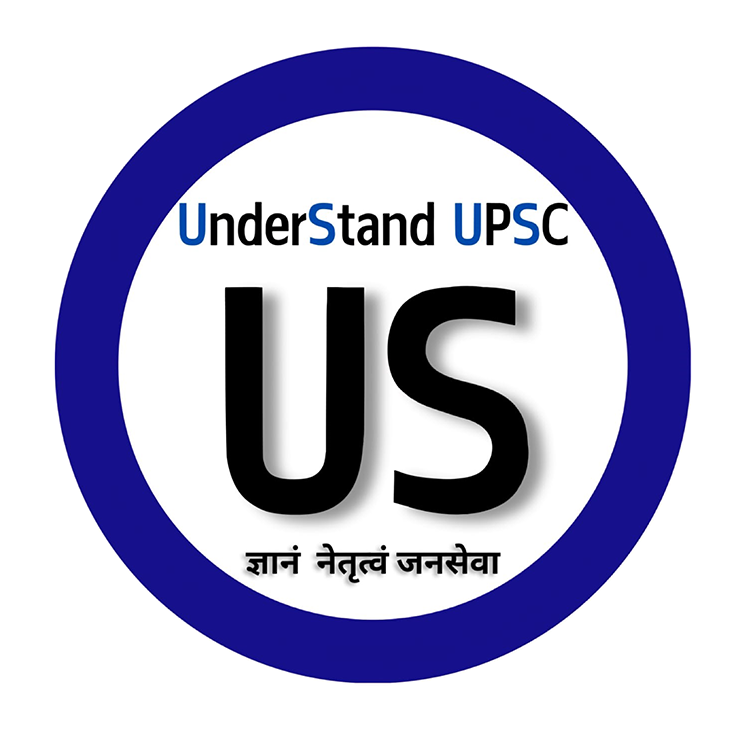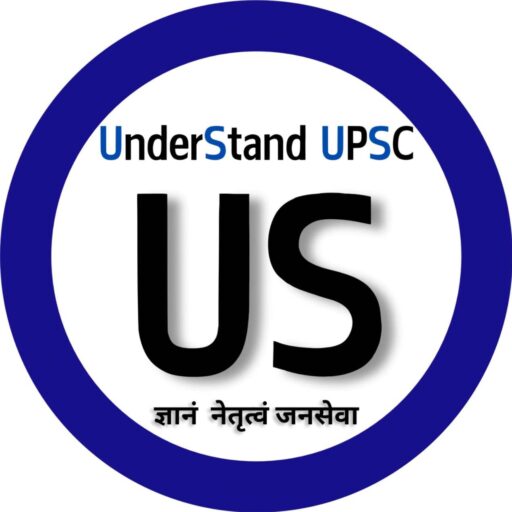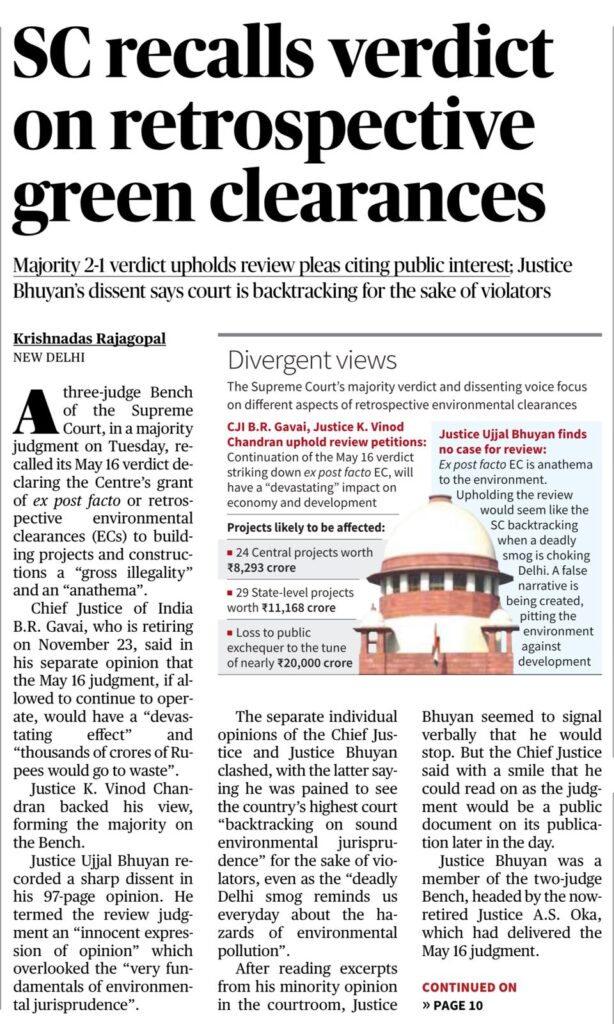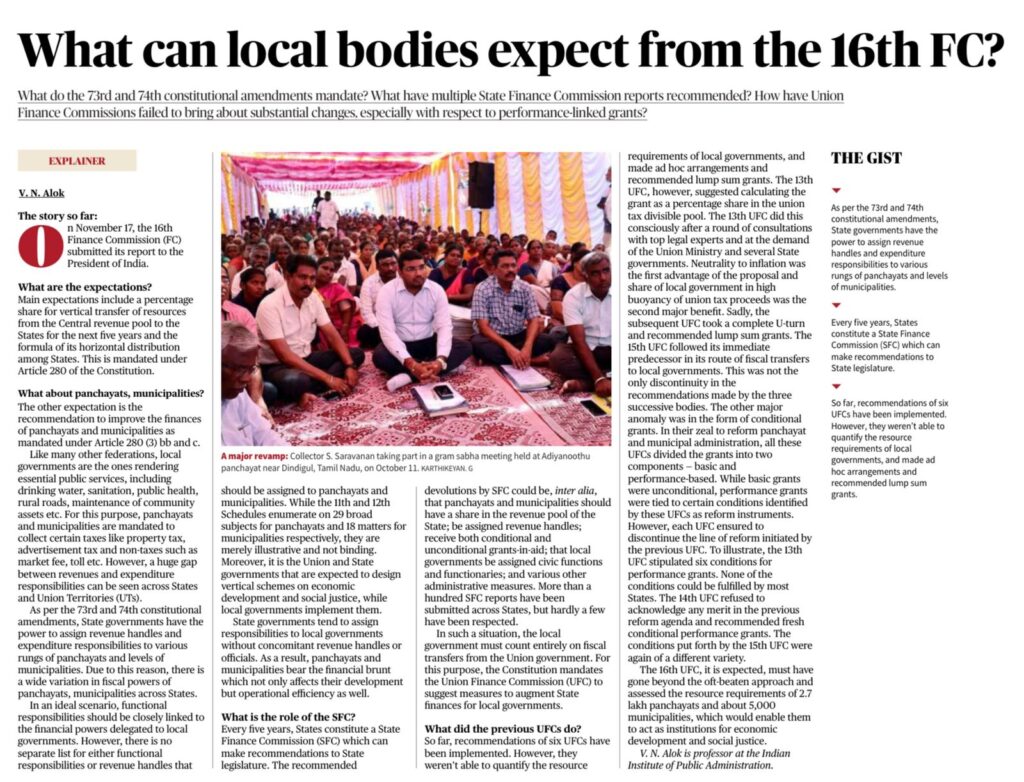About the UPSC Civil Services Examination (UPSC CSE)
The UPSC Civil Services Examination (CSE) is one of the most competitive and esteemed examinations in India, conducted by the Union Public Service Commission to recruit officers for services such as the Indian Administrative Service (IAS), Indian Police Service (IPS), Indian Foreign Service (IFS), and others. The exam comprises three stages — Prelims, Mains, and the Personality Test (Interview) — designed to test a candidate’s knowledge, aptitude, decision-making, and leadership skills.
How to Prepare Effectively for UPSC CSE
Cracking the UPSC CSE requires a deep understanding of the syllabus, consistent revision, structured answer writing, and smart test-taking strategies. The Prelims test analytical and conceptual clarity, the Mains focuses on critical thinking, articulation, and subject mastery, while the Interview assesses presence of mind, ethical judgment, and personality traits relevant to public service.
At UnderStand UPSC, we empower aspirants with a personalized and focused approach to each stage of the exam.
Why Choose UnderStand UPSC?
UnderStand UPSC is a mentorship-driven platform offering a clear, clutter-free strategy to tackle the Civil Services Examination. Our programs like Transform (for beginners and intermediate learners) and Conquer (for advanced mains preparation) provide structured study plans, syllabus-wise video content, interactive live sessions, and answer writing support.
We emphasize:
Concept clarity through topic-wise lectures
Test series designed around real UPSC standards
Personalized mentorship in small groups
Regular performance tracking and peer benchmarking
Doubt-clearing sessions, current affairs analysis, and monthly magazines
Join the UnderStand UPSC Learning Community
Our mission is to make UPSC preparation less overwhelming and more strategic. We combine mentorship, discipline, and academic rigor to help you clear CSE with confidence. Whether you’re preparing from Delhi, Mumbai, Bangalore, or a remote village — our online-first model ensures quality guidance reaches every corner of India.
Join the thousands of aspirants who trust UnderStand UPSC to guide their journey toward becoming civil servants.
Stay connected with us through our Telegram, YouTube, and Instagram channels for daily tips, strategies, and updates.







